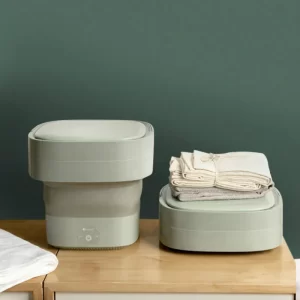Why does the washing machine smell like a sewer?
Introduction
A sewer-like smell coming from your washing machine can be unpleasant and concerning. Several factors can contribute to this odor, including clogged pipes, bacterial growth, or stagnant water. It is essential to identify the root cause to effectively address the issue and prevent it from recurring. In this guide, we will explore the various reasons why your washing machine may smell like a sewer and discuss potential solutions to eliminate the odor.
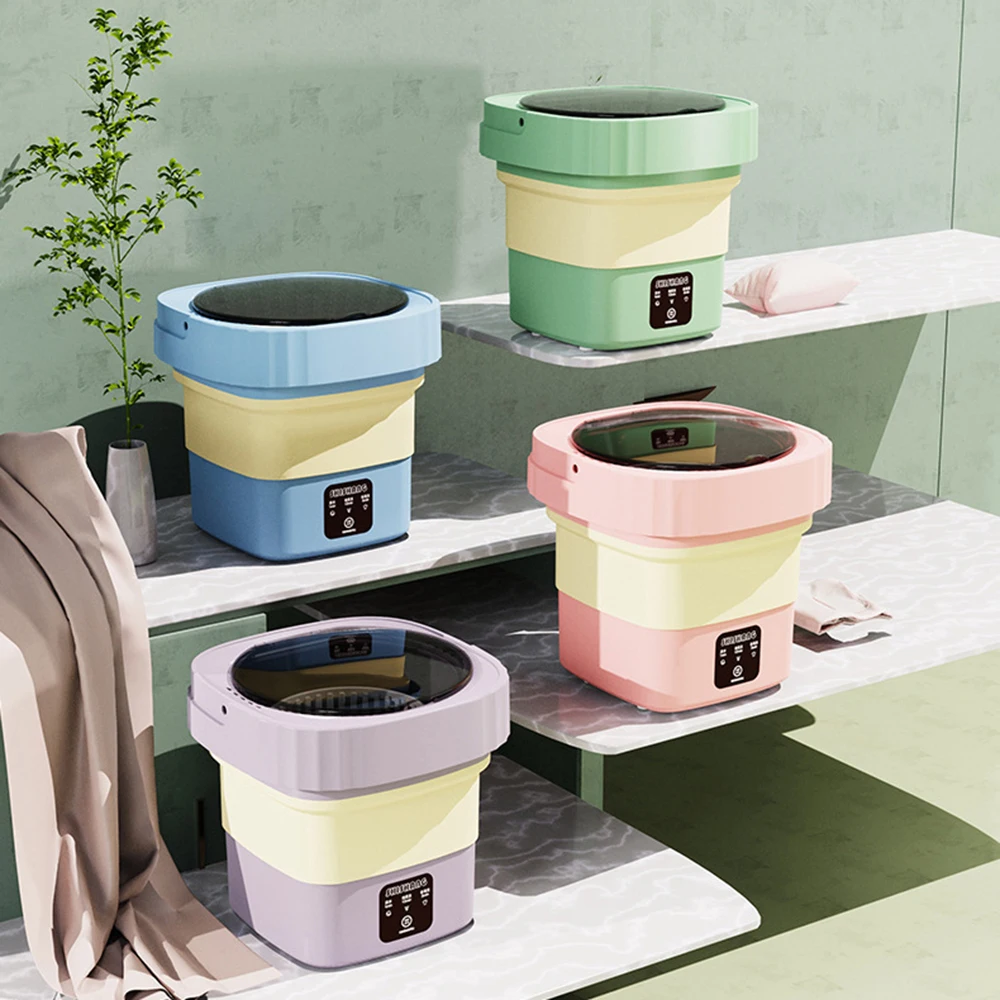
Why does the washing machine smell like a sewer?
Clogged Drain or Drain Pipe
A common cause of sewer smells in a washing machine is a clogged drain or drain pipe. When the water cannot flow freely through the drain system, it can become stagnant, resulting in a foul odor. This can occur due to a buildup of lint, debris, or other substances. Clearing the clog and ensuring proper drainage can eliminate the sewer smell. Consider the following solutions:
1.1. Clear the Drain Pipe Inspect the drain pipe connected to your washing machine and identify any blockages. Use a plumber’s snake, a wire hanger, or a pipe-cleaning tool to remove the clog. Flush the drain pipe with water to ensure it is clear of any remaining debris.
1.2. Clean the Drain Hose Check the drain hose for any clogs or buildup. Detach it from both the washing machine and the drain pipe or utility sink. Rinse the hose thoroughly with water and remove any visible debris or obstructions.
1.3. Unclog the Plumbing System If the sewer smell persists after cleaning the drain and drain hose, the clog may be further down the plumbing system. Consider calling a professional plumber who can use specialized tools to clear the pipes and eliminate the odor.
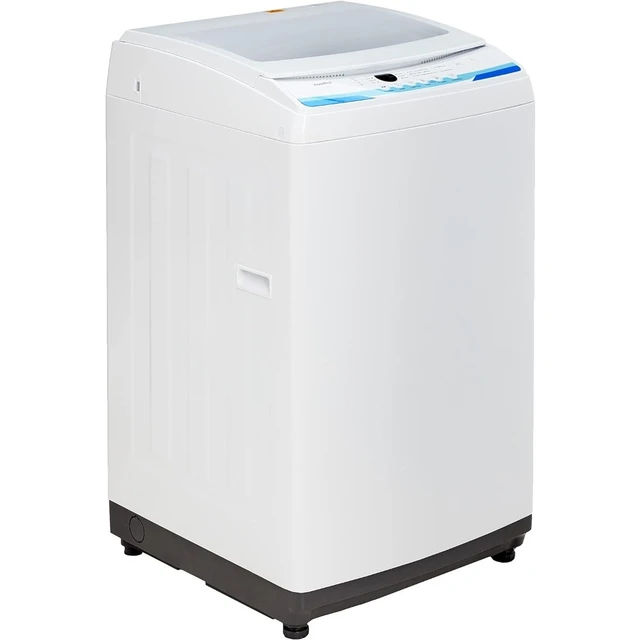
Bacterial Growth
Bacterial growth within the washing machine can lead to unpleasant odors that mimic sewer smells. This can occur due to several reasons, such as a moist environment, organic residue or debris in the machine, or using low-temperature wash cycles. To address bacterial growth, try the following methods:
2.1. Run Hot Water Cycles Running hot water cycles periodically can help kill bacteria and eliminate odors. Set the washing machine to the highest temperature suitable for your clothes and run a full cycle without any laundry or detergent. Hot water helps sanitize the machine and inhibits bacterial growth.
2.2. Use Bleach or Vinegar Adding a cup of bleach or white vinegar to a hot water cycle can further assist in killing bacteria and removing foul odors. The bleach or vinegar should be poured directly into the drum or detergent dispenser.
2.3. Regularly Clean the Drum and Gasket Clean the interior drum and rubber gasket regularly to remove any organic residue or bacteria that may contribute to the sewer smell. Use a solution of equal parts water and bleach or hydrogen peroxide to wipe the drum and gasket, paying attention to any visible dirt or mold. Rinse thoroughly with water afterward.
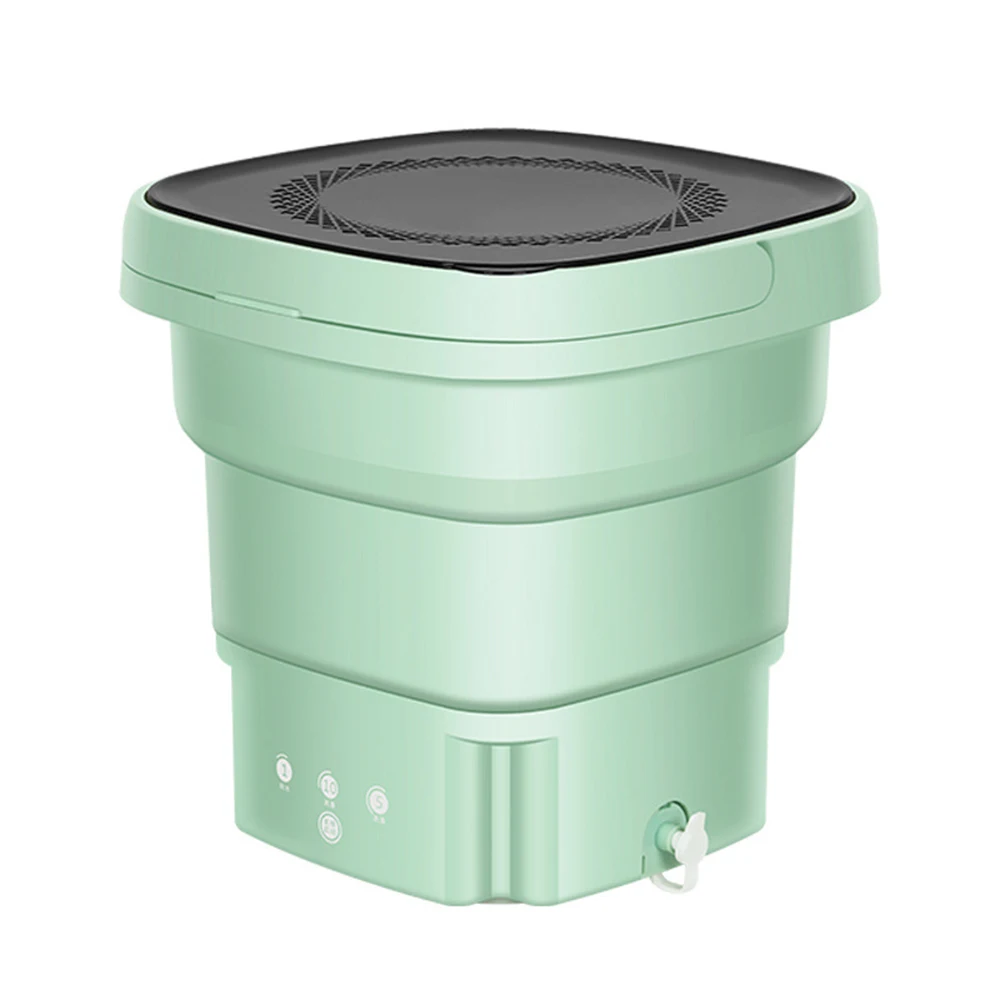
Stagnant Water
Leaving water to sit in your washing machine for an extended period can create a stagnant environment, resulting in unpleasant odors. This can happen if you forget to remove wet clothes promptly or leave the washing machine door closed when not in use. To address stagnant water and its associated odor:
3.1. Remove Wet Clothes Promptly After each wash cycle, promptly remove your clothes from the washing machine. Leaving damp clothes inside the machine can create a breeding ground for bacteria and contribute to the sewer smell.
3.2. Keep the Door Open When the washing machine is not in use, leave the door open to allow air circulation and facilitate drying. This prevents the growth of bacteria and mold caused by trapped moisture.
Sewer Gas Backflow
In some cases, a sewer smell may not originate from the washing machine itself but from sewer gas backflowing into the machine through the drain pipe. This can occur if the plumbing system has a venting issue or if the sewer line is blocked. It is crucial to address this problem promptly to maintain a healthy environment. Consider the following solutions:
4.1. Check the Plumbing Vent Inspect the plumbing vent system on your roof or exterior wall. Ensure that it is not obstructed by debris, bird nests, or other obstructions. A blocked vent can lead to negative pressure in the system, causing sewer gas to flow back into the washing machine. Clear any blockages or call a professional if needed.
4.2. Contact a Plumber If the sewer smell continues to persist and you suspect a larger plumbing issue, it is advisable to contact a professional plumber. They can conduct a thorough inspection of your plumbing system, identify any blockages or venting issues, and provide the necessary repairs or maintenance.
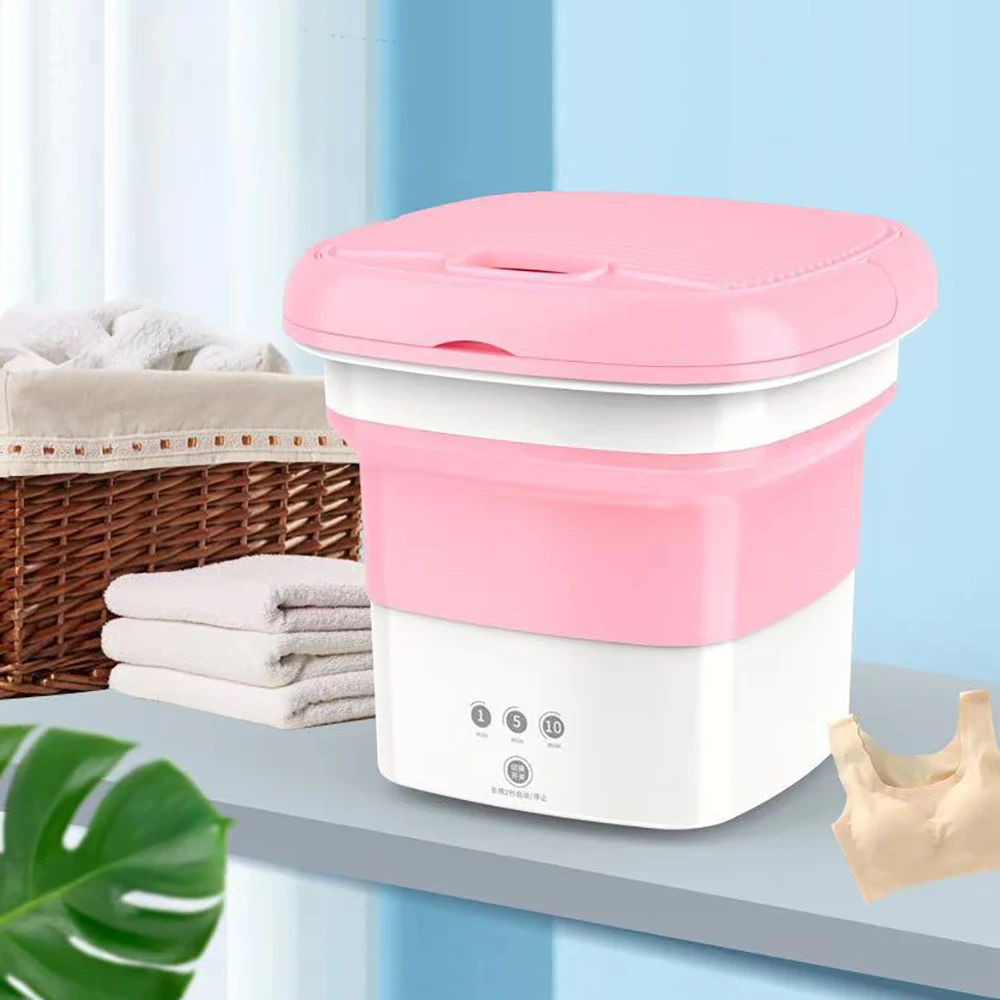
Residue Buildup in the Machine
Over time, residue can accumulate in the washing machine, leading to unpleasant odors. This can occur due to the accumulation of detergent, fabric softener, lint, or organic matter within the machine. To combat residue buildup and remove the sewer smell:
5.1. Run Cleaning Cycles Regularly run cleaning cycles in your washing machine to remove residue and prevent odors. Use hot water and a cup of white vinegar or a recommended washing machine cleaner. Follow the manufacturer’s instructions for the specific cleaning agent you choose.
5.2. Clean the Dispenser Drawers Remove and clean the detergent and fabric softener dispensers regularly. These compartments can accumulate residue and contribute to foul odors. Use warm, soapy water and a brush to scrub away any buildup.
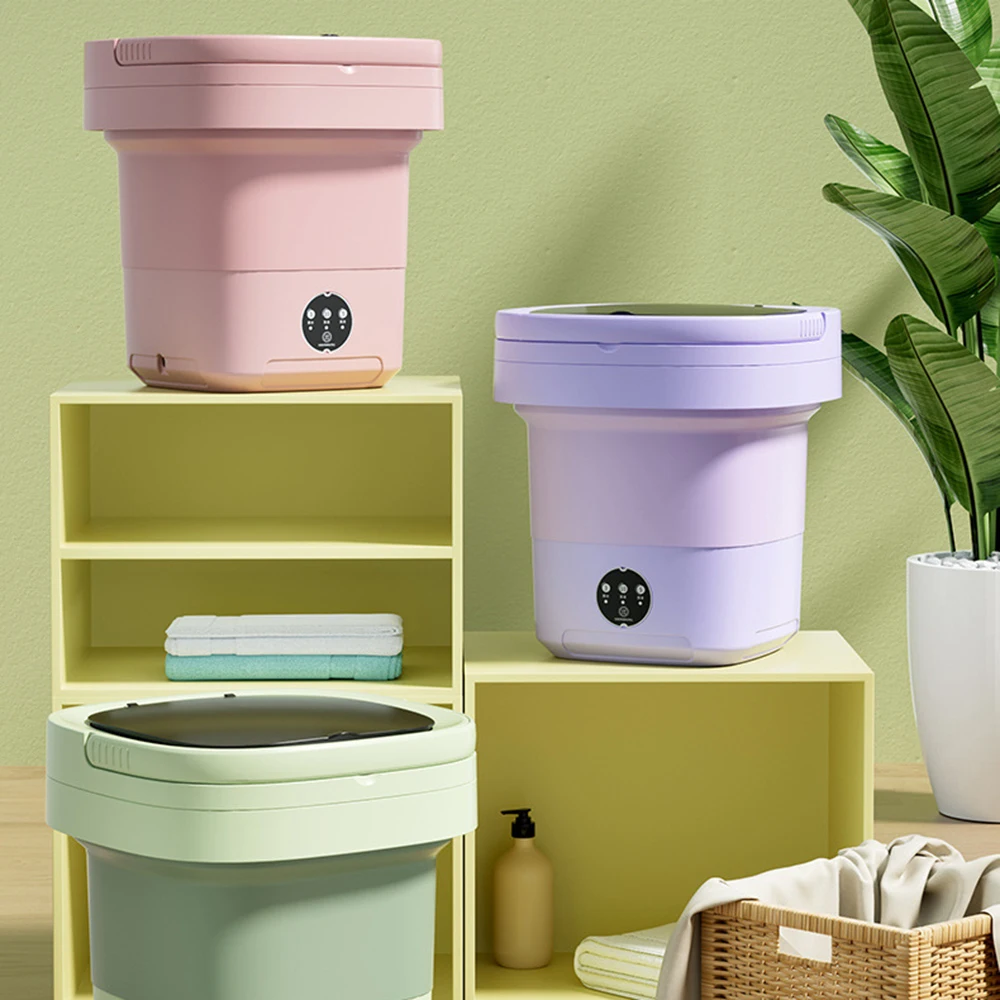
Conclusion
A sewer smell emanating from your washing machine can indicate several underlying issues that need to be addressed promptly. Clogged drains, bacterial growth, stagnant water, sewer gas backflow, or residue buildup can all contribute to this unpleasant odor. By following the appropriate solutions outlined above, such as cleaning the drain, disinfecting the machine, addressing stagnant water, checking plumbing vents, or removing residue, you can effectively eliminate the sewer smell and enjoy a fresh laundry experience. If the odor persists or if you suspect a larger plumbing issue, it is advisable to seek professional assistance to ensure the health and functionality of your washing machine and plumbing system.
